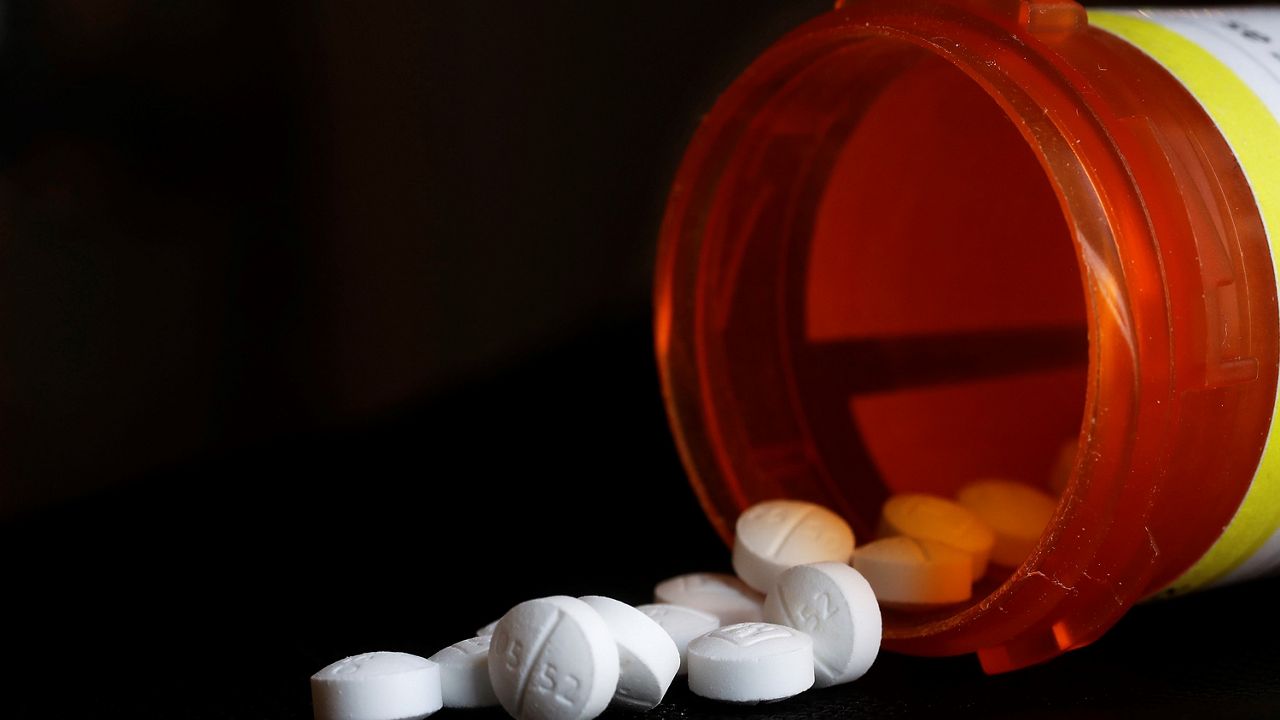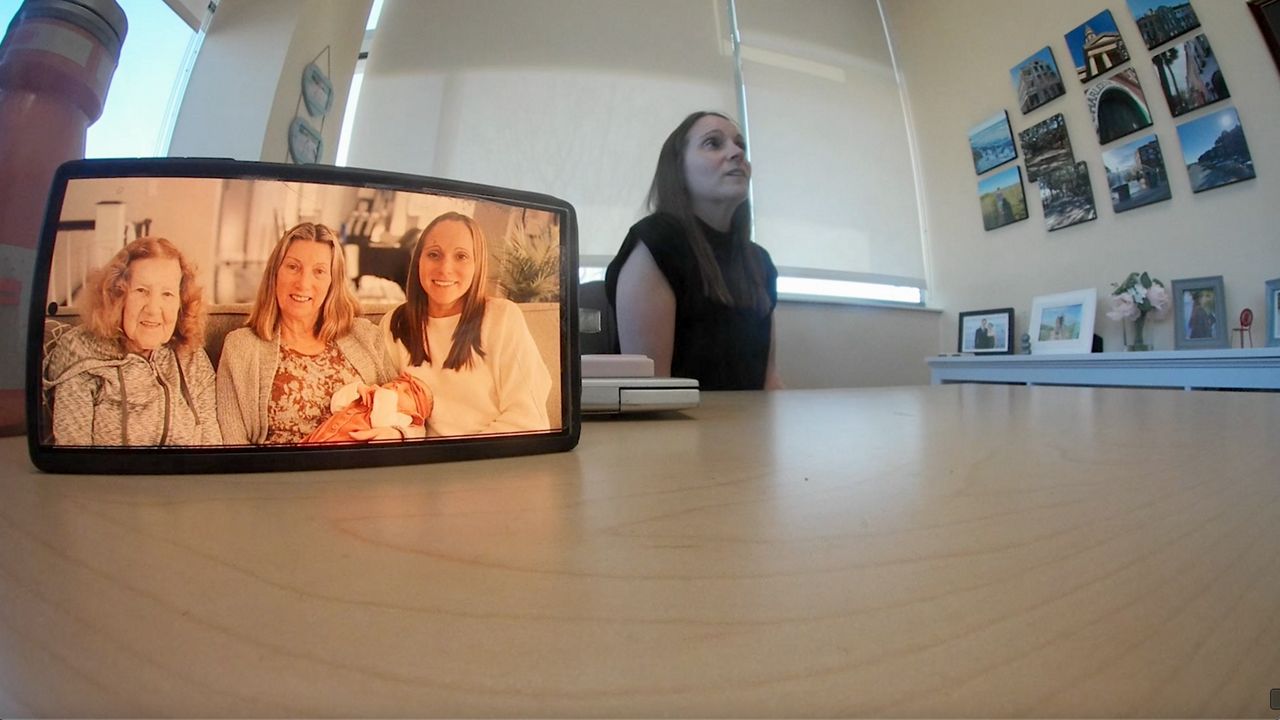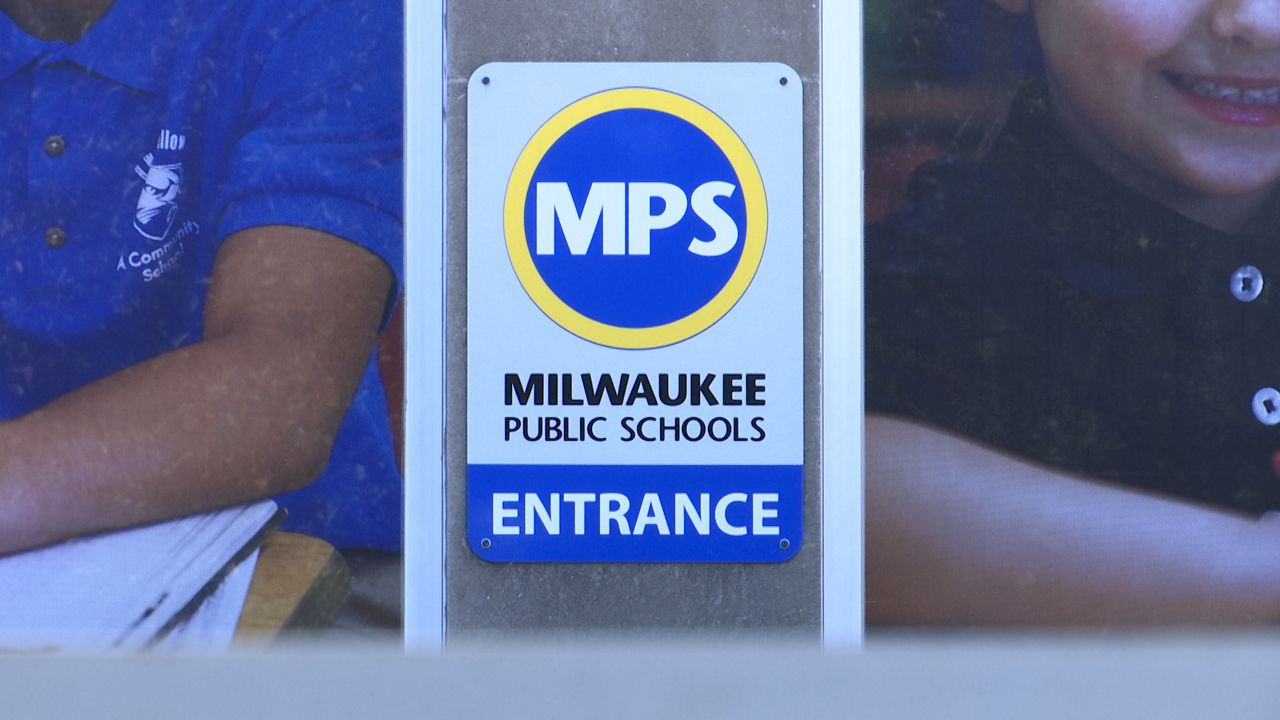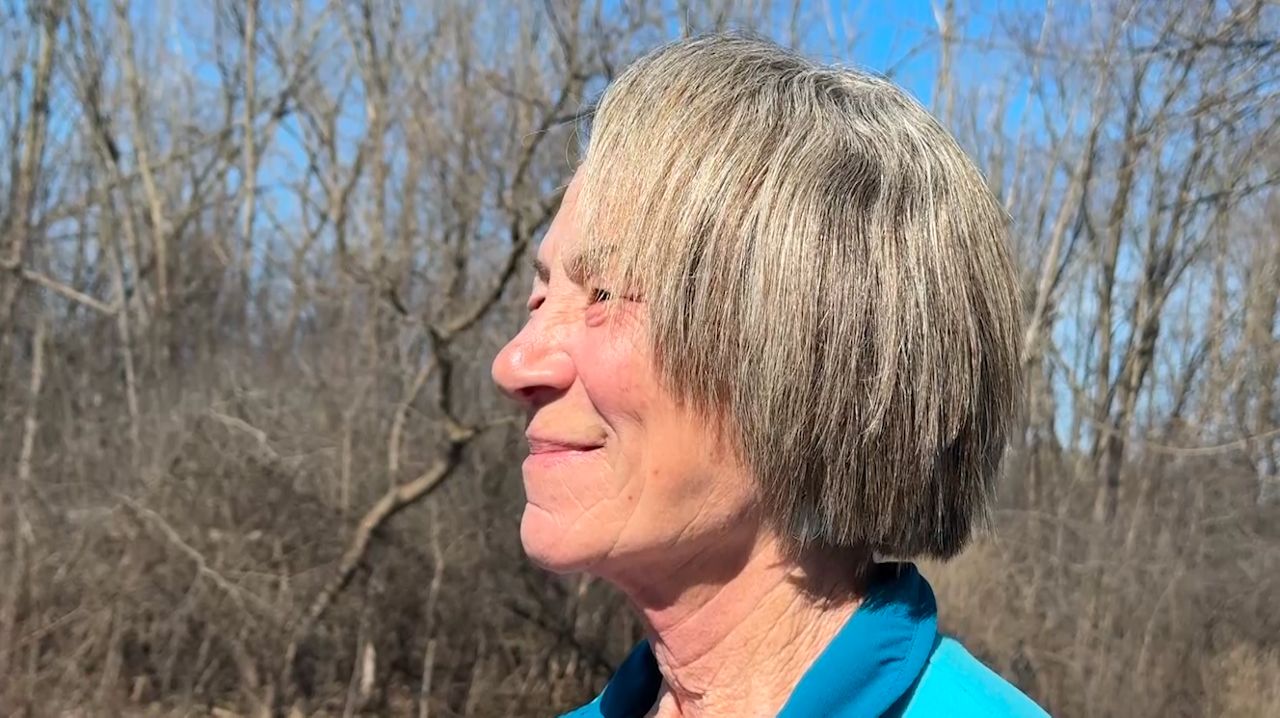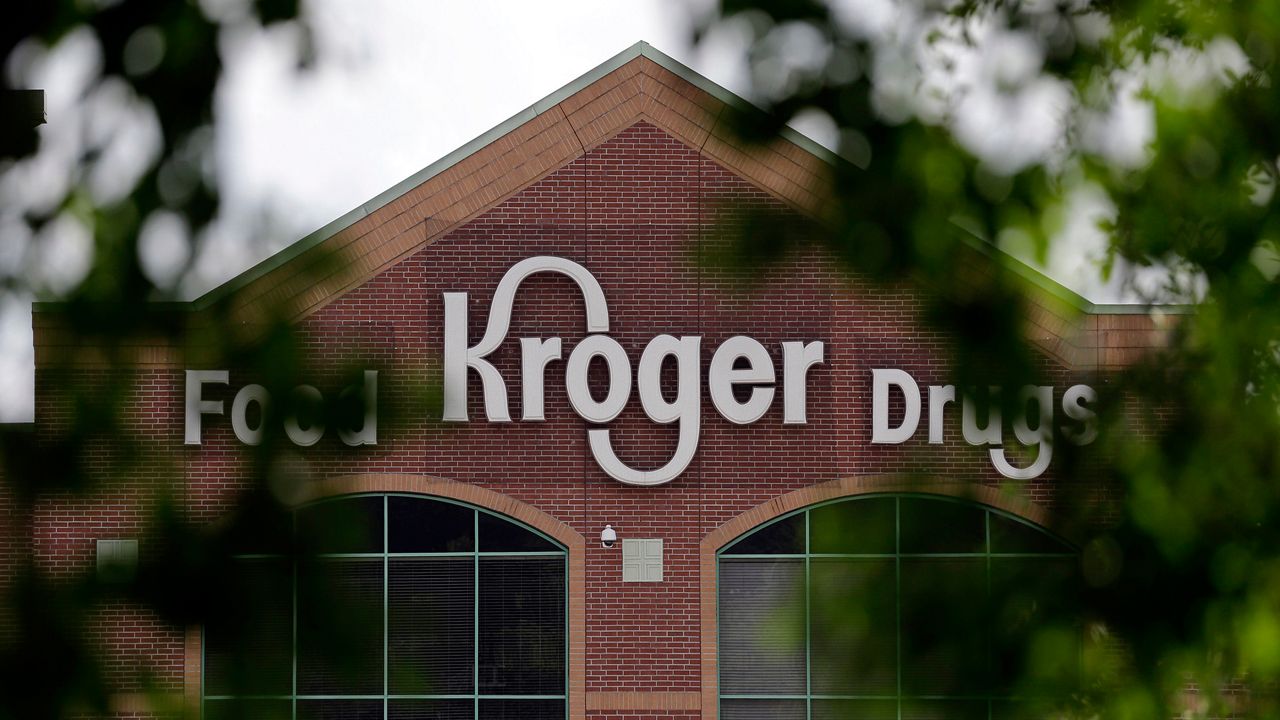This article discusses substance abuse. If you or someone you know is struggling with addiction, you can call the Wisconsin Addiction Recovery Helpline at 211 for free, confidential, 24/7 support.
WISCONSIN — Wisconsin will receive $36 million this year as part of opioid settlement funds. The funds are coming from a larger $750 million opioid settlement reached by the Wisconsin Department of Justice (DOJ).
The Wisconsin Department of Health Services (DHS) submitted its plan for its annual share of the funds to the Legislature’s Joint Committee on Finance (JFC) on Monday. Wisconsin DHS is required by law to submit a plan to the JFC every year, explaining how it will use anticipated funds.
“The efforts of the Wisconsin Department of Justice and others to get accountability in connection with the opioid epidemic have secured the recovery of approximately three-fourths of a billion dollars. It’s essential that these funds be used as effectively as possible to combat the epidemic and save lives,” Attorney General Josh Kaul added.
Wisconsin DHS will use its allotted $36 million to “prevent opioid use disorder while continuing and strengthening successful efforts for harm reduction, treatment and recovery.” Wisconsin DHS said that it wants to not only prioritize prevention but also strengthen existing programs that are already in place.
This year, Wisconsin DHS’ plan included:
- $6 million for Wisconsin’s Tribal Nations
- $5 million for Community, Education, and After-School Prevention
- $5 million for Family Support and Resource Centers
- $5 million for Peer Support in Opioid Treatment Programs
- $3.5 million for Naloxone
- $1 million for Fentanyl Test Strips
- $3 million for Capital Projects
- $2.5 million for Room and Board for Medicaid members
- $1.5 million for EMS Leave Behind Programs
- $1 million for Public Health Vending Machines
- $1 million for Law Enforcement Grants
- $1.5 million for Data Collection and Surveillance System Enhancements
“This is a thoughtful plan built from the advice we received through surveys, listening sessions and roundtable discussions, as well as reviews of data and already existing programs, and by identifying the needs that still exist,” said Kirsten Johnson, Wisconsin DHS secretary-designee. “We want to thank our partners, providers and people with experience with opioid misuse and their family and friends, for sharing their ideas that helped us shape a plan that moves us toward the goal of ending the state’s opioid epidemic.”
Two years ago, Kaul announced a final agreement with Cardinal, McKesson, AmerisourceBergen and Johnson & Johnson. Payments from Johnson & Johnson will continue for seven years, while payments from the other three pharmaceutical distributors will continue for 14 more years.
Starting this year, the state will begin to receive settlement money from Teva, Allergan, Walmart, Walgreens and CVS.
In 2022, 1,464 Wisconsinites died from an opioid overdose. Wisconsin DHS also reported 2,530 emergency room visits were made in Wisconsin that year in relation to opioid use. Wisconsin DHS said that “the addition of fentanyl, a powerful, synthetic opioid often added to drugs without the person using the drug knowing, has contributed to many of these deaths.”
Wisconsin DHS said 2023 data is still being finalized.
The state is also granting funding for projects from previous settlement plans. On Wednesday, Wisconsin DHS announced it awarded a $2.5 million grant to four Tribal Nations and 53 counties, aimed at helping 1,300 Wisconsinites who use Medicaid access to residential treatment. Projects that have received such funds can be found, here.
Aly Prouty - Digital Media Producer
Aly Prouty is a digital producer for Spectrum News 1 Wisconsin, Ohio and Kentucky. An award-winning, multimedia journalist, she holds an honors B.A. in journalism from Marquette University and an M.A. in journalism and media studies from The University of Alabama.





